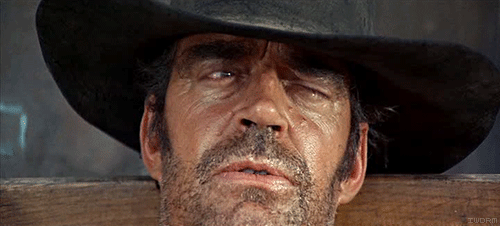Last edited by conon394; September 18, 2017 at 07:49 AM.
IN PATROCINIVM SVB Dromikaites
'One day when I fly with my hands - up down the sky, like a bird'
But if the cause be not good, the king himself hath a heavy reckoning to make, when all those legs and arms and heads, chopped off in battle, shall join together at the latter day and cry all 'We died at such a place; some swearing, some crying for surgeon, some upon their wives left poor behind them, some upon the debts they owe, some upon their children rawly left.
Hyperides of Athens: We know, replied he, that Antipater is good, but we (the Demos of Athens) have no need of a master at present, even a good one.











 Reply With Quote
Reply With Quote























